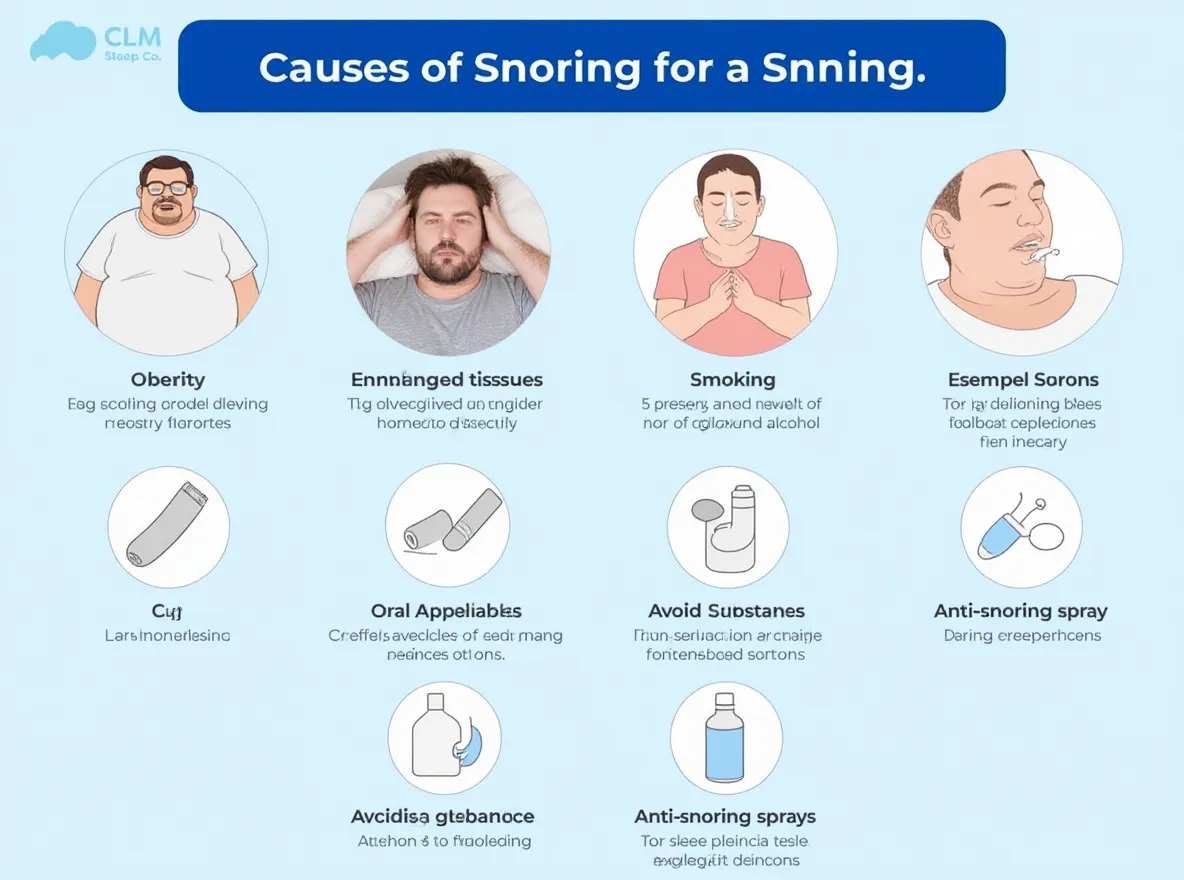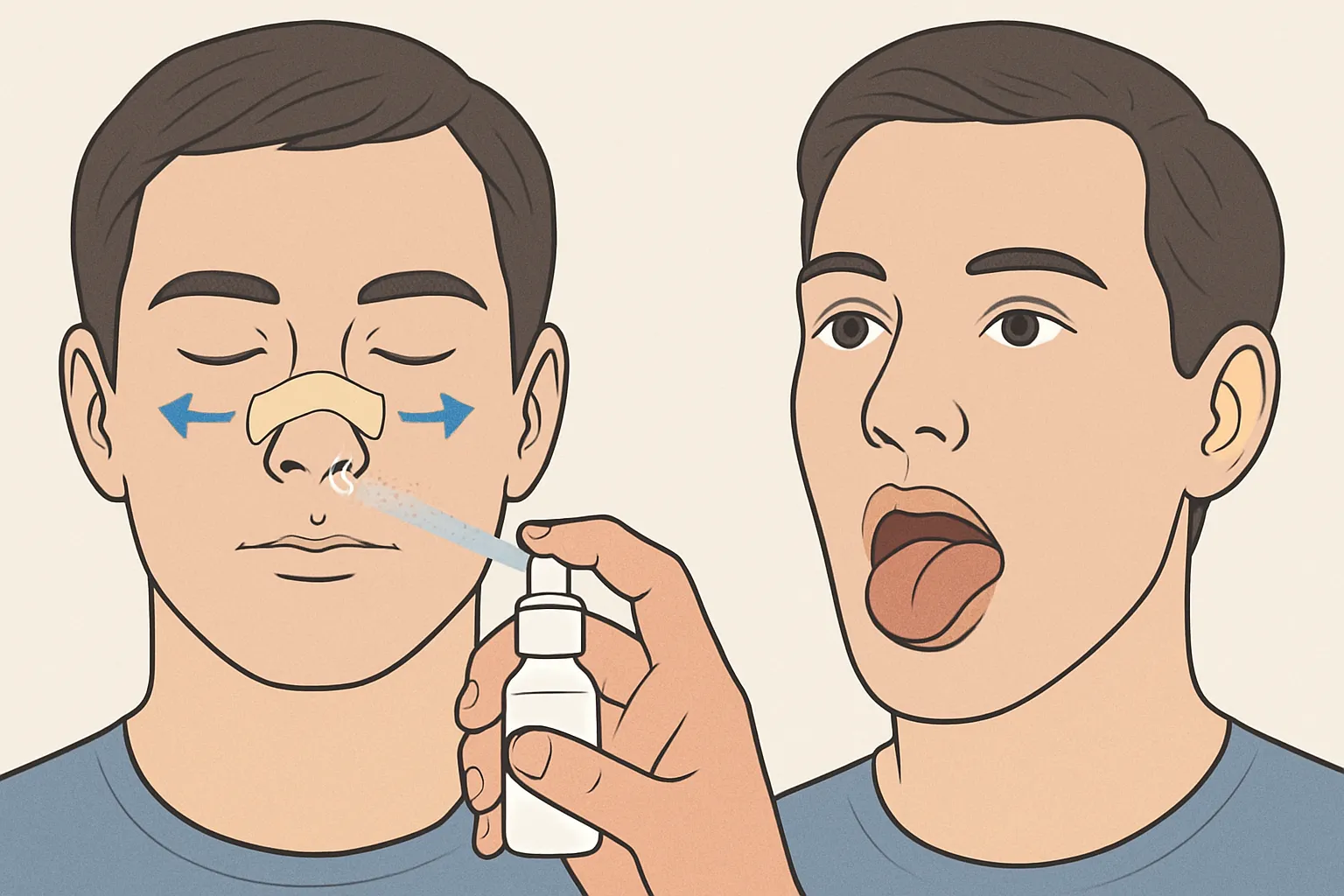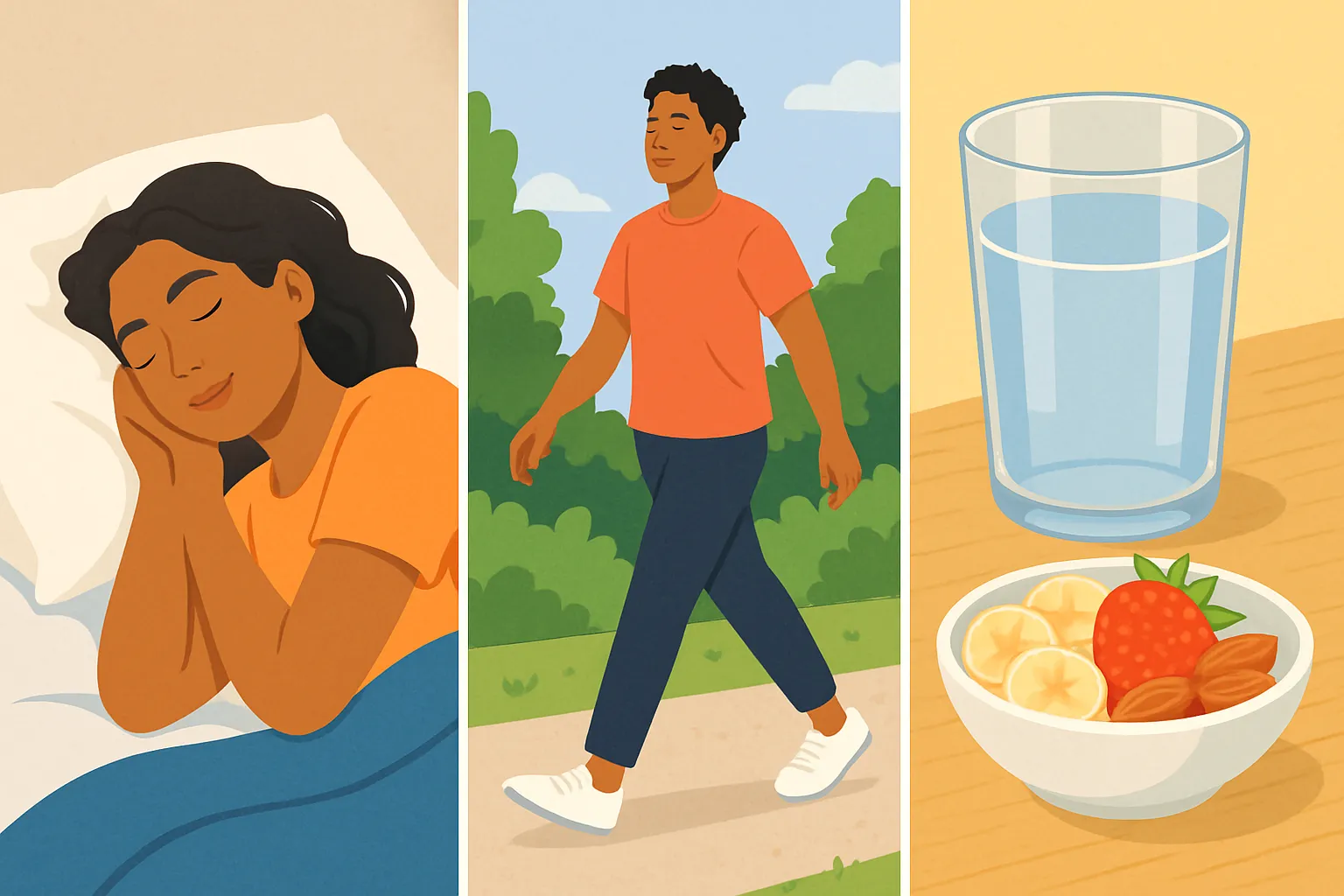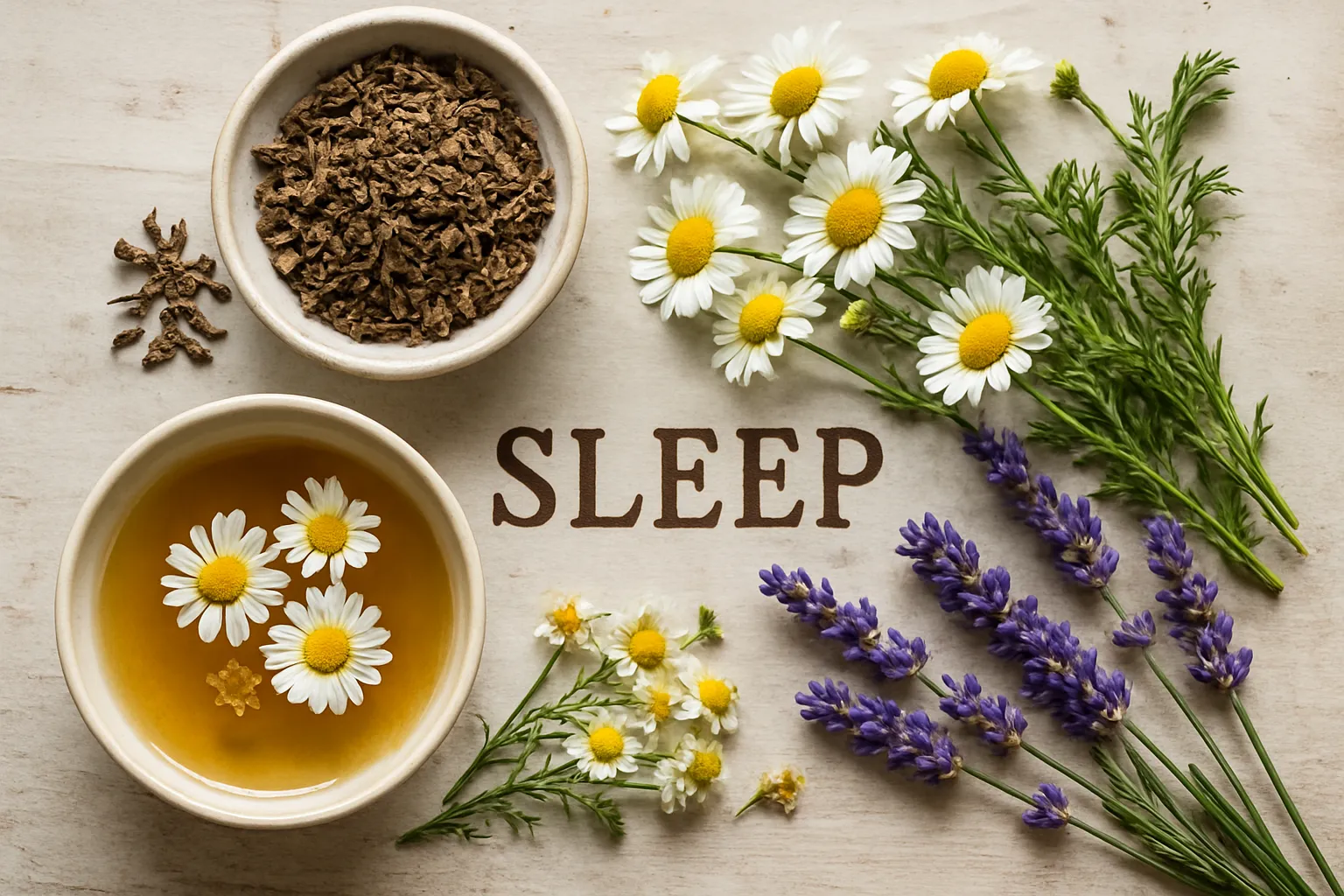How to Naturally Stop Snoring: Effective Home Remedies and Lifestyle Changes
Published by Dr. Jennifer Williams | Sleep Medicine Specialist
 Snoring causes and solutions infographic
Snoring causes and solutions infographic
Snoring is a common sleep issue that affects millions of people worldwide. While it's often considered a minor annoyance, chronic snoring can significantly impact sleep quality for both the snorer and their bed partner. The good news is that many cases of snoring can be effectively managed through natural remedies and lifestyle modifications. This comprehensive guide explores the causes of snoring and provides evidence-based strategies to help you achieve quieter, more restful sleep naturally.
Understanding Snoring: What Causes It?
Snoring occurs when the flow of air through the mouth and nose is partially blocked during sleep. This obstruction causes the surrounding tissues to vibrate, producing the characteristic snoring sound. Understanding the underlying causes is the first step toward finding an effective solution.
Common Causes of Snoring
Anatomical Factors:
- Enlarged tonsils or adenoids: Common in children but can affect adults
- Deviated septum: A crooked nasal septum that blocks airflow
- Narrow airway: Naturally small throat or nasal passages
- Enlarged tongue: Can fall back and block the airway during sleep
Lifestyle Factors:
- Alcohol consumption: Relaxes throat muscles, increasing airway obstruction
- Sedative medications: Similar effect to alcohol on muscle tone
- Smoking: Irritates and inflames the airway tissues
- Obesity: Excess fat around the neck can narrow the airway
Sleep Position:
- Back sleeping: Gravity pulls the tongue and soft palate backward
- Pillow height: Improper pillow support can affect airway alignment
 Snoring causes and impact diagram
Snoring causes and impact diagram
Natural Remedies for Snoring
1. Positional Therapy: Sleep Position Optimization
One of the most effective natural remedies for snoring is changing your sleep position. Sleeping on your back often worsens snoring because gravity pulls the tongue and soft palate backward, narrowing the airway.
Side Sleeping Benefits:
- Prevents the tongue from falling back into the throat
- Reduces airway obstruction
- Improves breathing during sleep
- Can reduce snoring by up to 50% in some cases
Positional Therapy Techniques:
- Tennis ball method: Sew a tennis ball into the back of your pajamas to prevent rolling onto your back
- Body pillows: Use a body pillow to maintain side sleeping position
- Specialized pillows: Invest in pillows designed to promote side sleeping
 Peaceful side sleeper position
Peaceful side sleeper position
The Tennis Ball Trick: This simple but effective method involves sewing a tennis ball into the back of your pajama top. When you try to roll onto your back, the uncomfortable sensation will encourage you to stay on your side.
2. Nasal Clearance and Breathing Exercises
Improving nasal breathing can significantly reduce snoring, especially if the issue is related to nasal congestion or obstruction.
Nasal Irrigation:
- Saline nasal sprays: Help clear nasal passages and reduce inflammation
- Neti pot: Flushes out mucus and allergens from the nasal cavity
- Steam inhalation: Opens nasal passages and reduces congestion
Breathing Exercises:
- Diaphragmatic breathing: Strengthens respiratory muscles
- Nasal breathing practice: Trains your body to breathe through the nose
- Yoga breathing techniques: Pranayama exercises can improve airway function
 Nasal clearance and throat exercises
Nasal clearance and throat exercises
Throat and Tongue Exercises: Strengthening the muscles in your throat and tongue can help keep the airway open during sleep:
- Tongue Press: Press your tongue against the roof of your mouth and hold for 10 seconds
- Tongue Slide: Slide your tongue back along the roof of your mouth
- Tongue Curl: Curl your tongue upward and backward
- Throat Singing: Practice making "ng" sounds to strengthen throat muscles
3. Lifestyle Modifications for Snoring Reduction
Weight Management: Excess weight, particularly around the neck, is a significant contributor to snoring. Even modest weight loss can have a substantial impact:
- Neck circumference reduction: A 10% reduction in body weight can decrease neck size by 1-2 inches
- Improved airway patency: Less fat tissue around the throat means less airway obstruction
- Better sleep quality: Weight loss often improves overall sleep architecture
Exercise and Physical Activity: Regular exercise can help reduce snoring through multiple mechanisms:
- Muscle tone improvement: Strengthens throat and respiratory muscles
- Weight management: Helps maintain a healthy body weight
- Stress reduction: Lower stress levels can improve sleep quality
- Better sleep architecture: Exercise promotes deeper, more restorative sleep
 Lifestyle changes for snoring prevention
Lifestyle changes for snoring prevention
Dietary Changes: What you eat and when you eat can affect snoring:
- Avoid heavy meals before bed: Large meals can cause acid reflux, which can worsen snoring
- Limit dairy products: Dairy can increase mucus production in some people
- Stay hydrated: Proper hydration keeps throat tissues moist and reduces irritation
- Avoid inflammatory foods: Some foods can cause inflammation in the airway
4. Natural Sleep Environment Optimization
Bedroom Environment: Creating an optimal sleep environment can help reduce snoring:
- Humidity control: Use a humidifier to keep the air moist (40-60% humidity is ideal)
- Temperature regulation: Keep the bedroom cool (60-67°F/15-19°C)
- Allergen reduction: Regular cleaning, air purifiers, and hypoallergenic bedding
- Noise reduction: White noise machines can mask snoring sounds
Pillow and Mattress Considerations:
- Pillow height: Choose a pillow that keeps your head and neck properly aligned
- Anti-snoring pillows: Specialized pillows designed to promote better airway alignment
- Mattress firmness: A supportive mattress can help maintain proper body alignment
5. Herbal and Natural Supplements
While scientific evidence varies, some natural supplements may help reduce snoring:
Peppermint Oil:
- Application: Apply diluted peppermint oil to the chest or use in a diffuser
- Benefits: May help open nasal passages and reduce inflammation
- Caution: Always dilute essential oils and avoid direct application to sensitive areas
Eucalyptus Oil:
- Application: Add a few drops to hot water for steam inhalation
- Benefits: Natural decongestant that can clear nasal passages
- Method: Inhale steam for 10-15 minutes before bedtime
Honey:
- Application: Take 1-2 teaspoons before bed
- Benefits: Natural anti-inflammatory and throat soother
- Note: Not recommended for children under 1 year due to botulism risk
 Herbal remedies for sleep
Herbal remedies for sleep
Advanced Natural Techniques
1. Acupressure and Acupuncture
Traditional Chinese medicine offers several techniques that may help reduce snoring:
Acupressure Points:
- LI20 (Yingxiang): Located on both sides of the nose, helps clear nasal passages
- GB20 (Fengchi): At the base of the skull, promotes relaxation
- CV22 (Tiantu): In the hollow above the breastbone, helps with throat issues
Acupuncture Benefits:
- May improve nasal breathing
- Can reduce inflammation in the airway
- Promotes overall relaxation and better sleep
2. Yoga and Meditation
Yoga Poses for Snoring:
- Bridge Pose (Setu Bandhasana): Opens the chest and improves breathing
- Fish Pose (Matsyasana): Stretches the throat and neck
- Cobra Pose (Bhujangasana): Strengthens back muscles and improves posture
Meditation Benefits:
- Reduces stress and anxiety
- Improves overall sleep quality
- Can help with breathing control
 Mindfulness meditation for sleep
Mindfulness meditation for sleep
3. Sleep Hygiene Optimization
Consistent Sleep Schedule:
- Go to bed and wake up at the same time every day
- Maintain this schedule even on weekends
- Helps regulate your body's internal clock
Bedtime Routine:
- Create a relaxing pre-sleep ritual
- Avoid stimulating activities before bed
- Include relaxation techniques like deep breathing or gentle stretching
Electronic Device Management:
- Avoid screens 1-2 hours before bedtime
- Use blue light blocking glasses if needed
- Keep devices out of the bedroom
When Natural Remedies Aren't Enough
While natural remedies can be highly effective for many people, some cases of snoring may require additional intervention:
Signs You May Need Medical Evaluation:
- Snoring persists despite lifestyle changes
- You experience breathing pauses during sleep
- Daytime sleepiness or fatigue
- Morning headaches
- High blood pressure
- Bed partner reports gasping or choking sounds
Medical Conditions That May Cause Snoring:
- Sleep apnea: A serious condition requiring medical treatment
- Nasal polyps: Benign growths that can block nasal passages
- Sinus infections: Chronic sinusitis can contribute to snoring
- Allergies: Environmental or food allergies can cause nasal congestion
Monitoring Your Progress
Keep a Snoring Journal:
- Record snoring frequency and intensity
- Note lifestyle changes and their effects
- Track sleep quality improvements
- Monitor bed partner satisfaction
Use Technology:
- Smartphone apps can record and analyze snoring sounds
- Sleep tracking devices can monitor sleep quality
- Smart home devices can track environmental factors
Prevention Strategies
Long-term Maintenance:
- Continue healthy lifestyle habits even after snoring improves
- Regular exercise and weight management
- Ongoing stress management
- Regular medical check-ups
Seasonal Adjustments:
- Allergy management during peak seasons
- Humidity control adjustments
- Bedding changes for different weather conditions
Conclusion
Snoring is a common but treatable condition that can significantly impact sleep quality and overall well-being. By understanding the underlying causes and implementing natural remedies and lifestyle changes, many people can achieve substantial improvements in their snoring and sleep quality.
The key to success is consistency and patience. Natural remedies often take time to show results, and combining multiple approaches typically yields the best outcomes. Remember that what works for one person may not work for another, so be prepared to experiment with different strategies.
If natural remedies don't provide sufficient relief, don't hesitate to seek medical evaluation. A healthcare provider can help identify underlying causes and recommend appropriate treatments, including medical devices or surgical options when necessary.
Key Takeaways
- Snoring is caused by airway obstruction during sleep
- Natural remedies can be highly effective for many cases of snoring
- Positional therapy (side sleeping) is one of the most effective natural solutions
- Lifestyle modifications including weight management and exercise can significantly reduce snoring
- Nasal clearance and breathing exercises can improve airway function
- Natural supplements and herbal remedies may provide additional benefits
- Consistent implementation of multiple strategies typically yields the best results
- Medical evaluation is recommended if natural remedies don't provide sufficient relief
References
- American Academy of Sleep Medicine. (2014). International Classification of Sleep Disorders, 3rd Edition.
- National Sleep Foundation. (2020). Sleep in America Poll: Sleep and Sleep Disorders.
- Sleep Foundation. (2021). Snoring: Causes, Complications, and Treatment Options.
- Mayo Clinic. (2021). Snoring: Diagnosis and Treatment.
- Harvard Health Publishing. (2020). Simple Solutions for Snoring.
Related Articles
- The Impact of Sleep Position on Snoring: Finding Your Way to Quieter Nights
- Sleep Apnea Solutions: Natural Treatment & Lifestyle Changes
- How Alcohol and Late-Night Eating Affect Sleep Quality and Snoring
